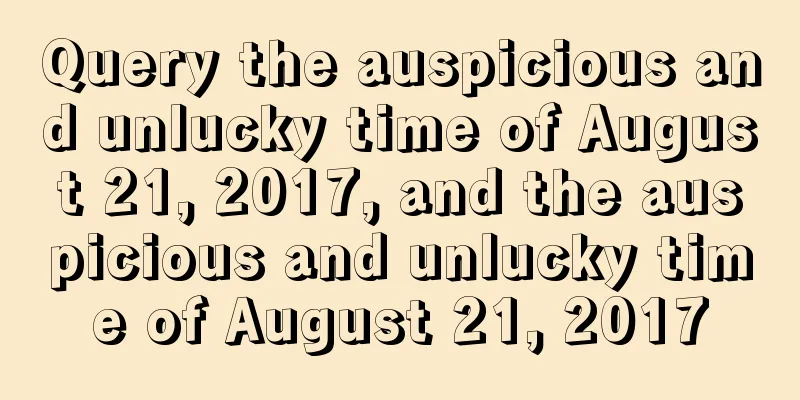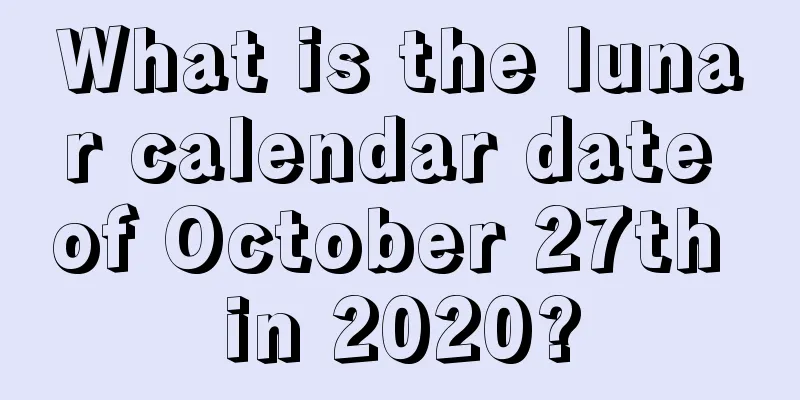What day is Jingzhe? What are the customs of Jingzhe?

Jingzhe is one of the 24 solar terms. After Jingzhe, all things come back to life and it is spring and flowers bloom. So, what day is Jingzhe? What are the customs of Jingzhe? A year's plan begins in spring, and almost every day in the first month of the lunar calendar is a festival. InkMr.com's special topic on the first month of the lunar calendar in 2019 lists these traditional Chinese festivals and festival customs for you.What day is Jingzhe?Jingzhe is the third solar term among the 24 solar terms. "Qingzhe" occurs on March 5 or 6 every year when the sun reaches 345 degrees of the ecliptic longitude. "Jing" means to wake up, and "Zhe" means to hibernate. "Jingzhe" is the awakening of animals that hibernate in the soil during the winter. "Collected Explanations of the 72 Seasonal Changes of the Lunar Calendar" says: "In the second month...all things come out of the shock, which is thunder, so it is called Jingzhe, because hibernating insects are startled and run away.""When spring thunder sounds, all things grow." The Jingzhe season is the perfect "Nine Nines" of sunny days, with rising temperatures and more rainfall. During the Jingzhe season, in some parts of my country, peach blossoms are red, plum blossoms are white, orioles are singing, and swallows are flying. Most areas have entered the spring farming season. There is a proverb that goes: "After Jingzhe, the weather becomes warmer and the old toads sing folk songs." Therefore, the Chinese working people have always attached great importance to Jingzhe and regarded it as the day when spring ploughing begins. The thunder during the Waking of Insects is the most noticeable. For example: "If there is thunder before the Waking of Insects, the clouds will not clear for forty-nine days." The Jingzhe solar term is when the weather suddenly gets cold and warm. Proverbs that predict the later weather based on the temperature include: "Cold Jingzhe, warm Spring Equinox" etc. The wind during the Jingzhe Festival is also used as a basis for predicting the weather in the later period. For example, "If the north wind blows during the Waking of Insects, winter will start all over again" and "If the south wind blows during the Waking of Insects, the seedlings will be planted late." What are the customs of Jingzhe?"Beating the villain" to drive away bad luck is quite popular in Guangdong and Hong Kong. It is usually popular on the day of Jingzhe. Beating the villain is not a curse, but another form of blessing, seeking psychological comfort. The best time to beat the villain is 7 pm on the day of Jingzhe, and it is usually done in a dark place, such as under a bridge. It is a traditional folk custom in Hong Kong to beat up paper dolls. At the "Beating Up Paper Dolls Place" at the Goose Neck Bridge in Causeway Bay, Granny Liang, who has the best business, lights incense and candles, places paper dolls on bricks, holds an old shoe in her hand, and chants, "I'll beat up your little doll head until you're left with no breath to walk..." He beat the ingots with his hands and shoes until they made loud clapping sounds, then put them into the ingot basin and burned them to ashes.Offering sacrifices to white tigers to resolve disputes <br /> The so-called offering sacrifices to white tigers refers to offering sacrifices to white tigers drawn on paper. Paper tigers are usually yellow with black stripes and a pair of fangs at the corners of their mouths. During worship, the paper tiger is fed with fat pig blood so that after it is full it will not speak ill of others. Then raw pork is smeared on the mouth of the paper tiger so that it is filled with oil and water and it cannot open its mouth to speak ill of others. Covering the Drum Skins The "Zhou Li" Volume 40 "Wai Ren" says: "Any drum must be beaten on the day of the Waking of Insects. The ancients imagined that the Thunder God was a great god with a bird's beak and a human body and wings. He held a hammer in one hand and hit the many drums around him with the other hand, making a rumbling thunder. On the day of the Waking of Insects, the Thunder God beat the drums in the heavens, and people on earth also used this opportunity to cover the drum skins. Eat pears on Jingzhe <br /> In ancient times, there were many types of organisms, and some infectious diseases did not have 100% effective medicines. Jingzhe is the day when all insects wake up, so eating pears is a reminder for everyone to be careful and take precautions. There is a folk saying in Shaanxi, Shanxi and northern Jiangsu that goes "Eat a pear during the Waking of Insects and you will be energetic all year round." On the day of Jingzhe, the whole family eats pears. In ancient times, those who traveled west also took the homonym of "li", which often meant "leaving home to start a business". Later, people in Shanxi ate pears on the Jingzhe day, with the idea of "working hard to honor their ancestors." Fortune is related to a person's life, property and other aspects. Do you want to know more about your own fortune? Click on the "Premium Calculation" below to find out! |
Recommend
What day is the 20th day of the twelfth lunar month in 2018? Is it suitable for marriage?
The twelfth lunar month is a time for reunion, the...
What is the fate of a boy born on November 12, 2018 in the lunar calendar?
Different children are born every day, and their d...
Where is the direction of the God of Happiness on April 17th of the lunar calendar 2018?
April is also known as Mengxia, Yinyue and Meiyue...
Is the second day of the eighth lunar month in 2022 suitable for ancestor worship? What are the precautions?
The Chinese ancestor worship comes from "ance...
Is it a good time to offer sacrifices on the fifth day of the tenth lunar month in 2017?
Introduction: Sacrifice is an activity to commemor...
Is it auspicious to travel on the third day of the second lunar month in 2021? What is the most auspicious time?
An auspicious day is a day when everything goes we...
Is January 26th of the lunar calendar 2021 a good day? Is it an auspicious day?
Speaking of auspicious days, I believe everyone is...
What day is the eleventh day of the first lunar month and what customs are there?
Introduction: The first month of the lunar calenda...
Is it possible to worship ancestors on the 28th day of the 11th lunar month in 2017?
Introduction: Sacrifice has a long history in our ...
Is May 27, 2019 a good date to open a new store or company?
The fifth month of the lunar calendar is a beauti...
Is it good for a baby born on the sixth day of the second lunar month in 2018 to have a good fate? Will he be successful in his studies?
In ancient China, people attached great importance...
Is it a good time to worship ancestors on the 17th day of the fourth lunar month in 2019? Is it auspicious to visit graves on the 17th day of the fourth lunar month?
Introduction: Visiting the graves to worship ances...
Analysis of the fate of the zodiac ox born in the Lesser Heat solar term
Lesser Heat is the fifth solar term in summer, ind...
What are the customs and delicacies of the Lantern Festival in 2018?
The Lantern Festival is the first major festival a...
Is September 19th of the lunar calendar in 2021 a good day to sign a contract?
In the ninth month of the lunar calendar, all the ...









